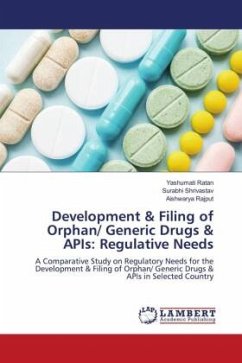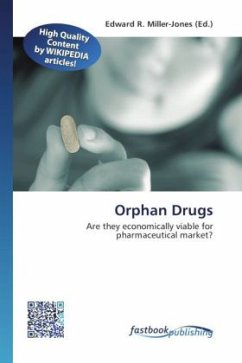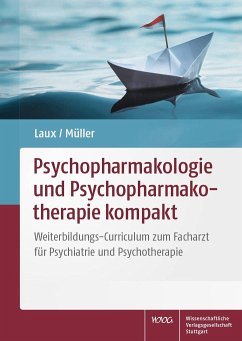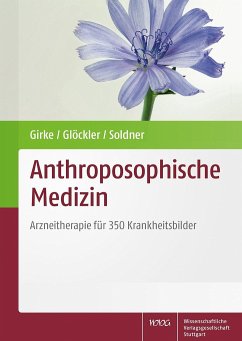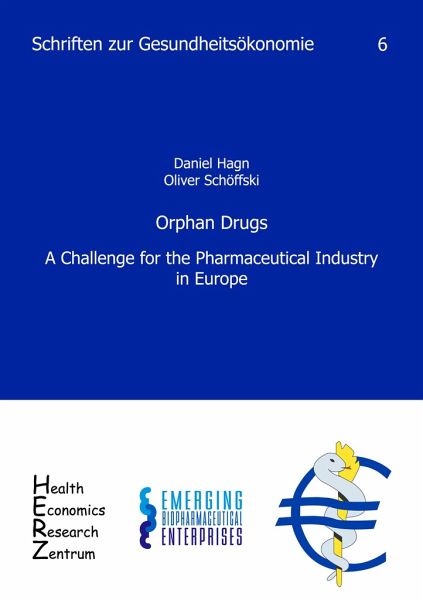
Orphan Drugs
A Challenge for the Pharmaceutical Industry in Europe
Versandkostenfrei!
Versandfertig in 1-2 Wochen
19,90 €
inkl. MwSt.

PAYBACK Punkte
0 °P sammeln!
"The promotion and development of medicinal products for the treatment of rare diseases require our particular attention, as health is our most valuable possession," said Ursula Schleicher, former Vice-President of the European Parliament. According to estimates, around 25 million people in Europe are suffering from 5,000 to 8,000 orphan diseases. Many of them are still waiting for medicines that will allow them to at least be able to lead a pain-free life, if not always a normal life. From a purely business-management viewpoint, the development of drugs for rare diseases is not always economi...
"The promotion and development of medicinal products for the treatment of rare diseases require our particular attention, as health is our most valuable possession," said Ursula Schleicher, former Vice-President of the European Parliament. According to estimates, around 25 million people in Europe are suffering from 5,000 to 8,000 orphan diseases. Many of them are still waiting for medicines that will allow them to at least be able to lead a pain-free life, if not always a normal life. From a purely business-management viewpoint, the development of drugs for rare diseases is not always economical for the pharmaceutical industry. Nor can sufferers raise the funds themselves for research into the drugs that for them are vitally necessary. It is, therefore, a question of moral values and national priorities as to what extent society is prepared to help those affected. In 1999 the European Union adopted the Orphan Medicinal Products Regulation. This offers the biopharmaceutical and pharmaceutical industry incentives to develop orphan drugs. This book presents the European Orphan Medicinal Products Regulation and compares it with the rules of other countries. It also discusses the possibilities of creating further incentives.





